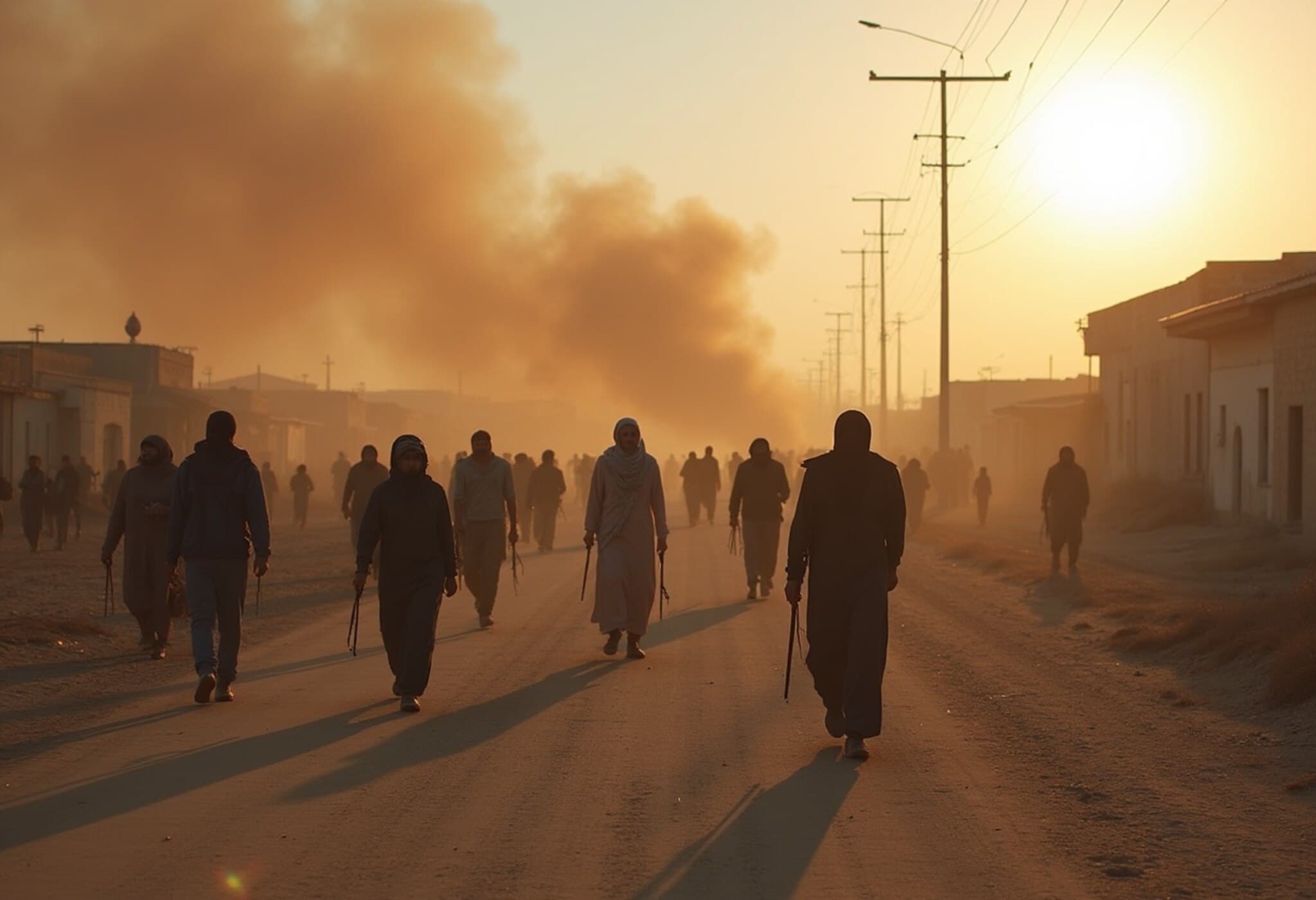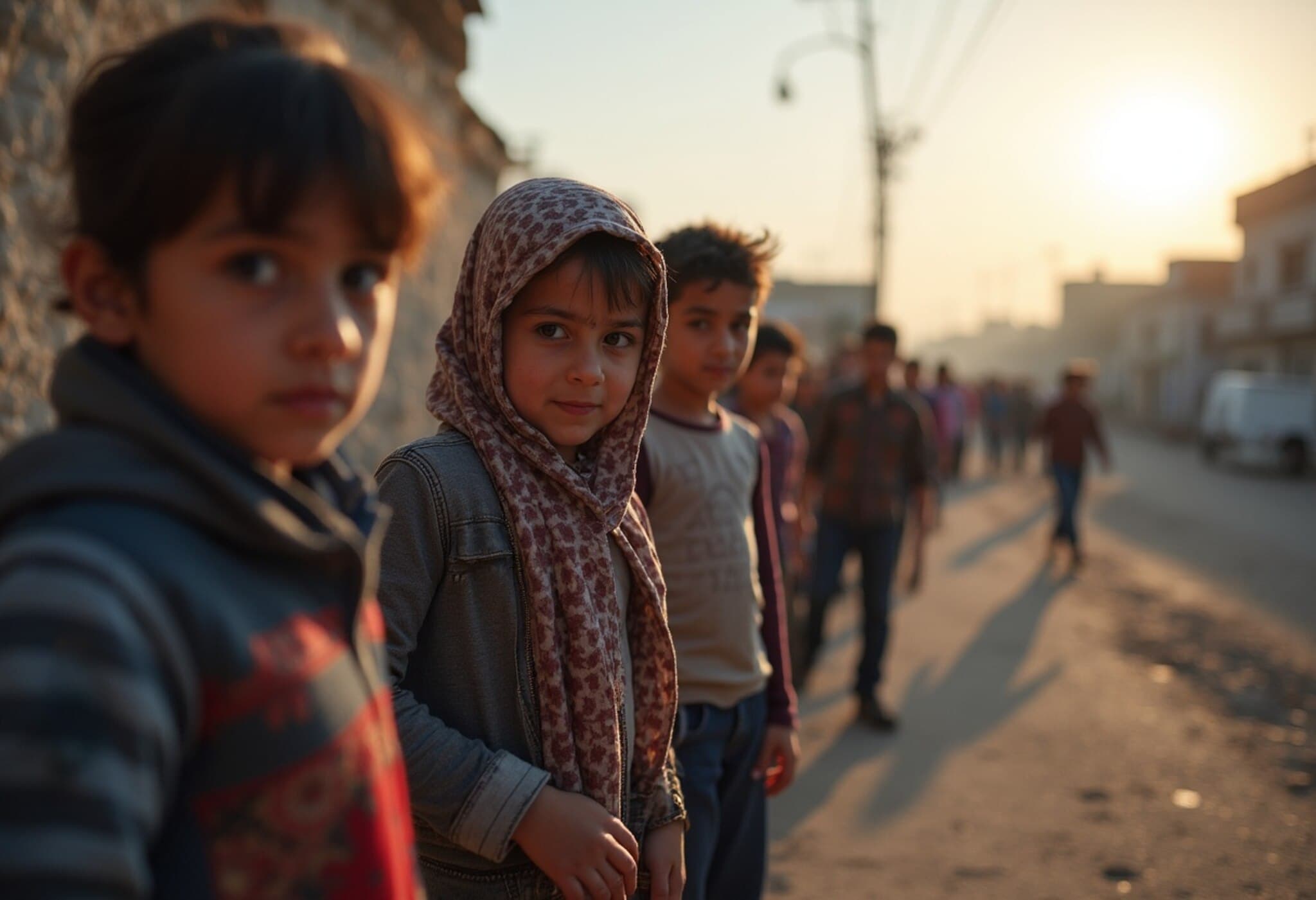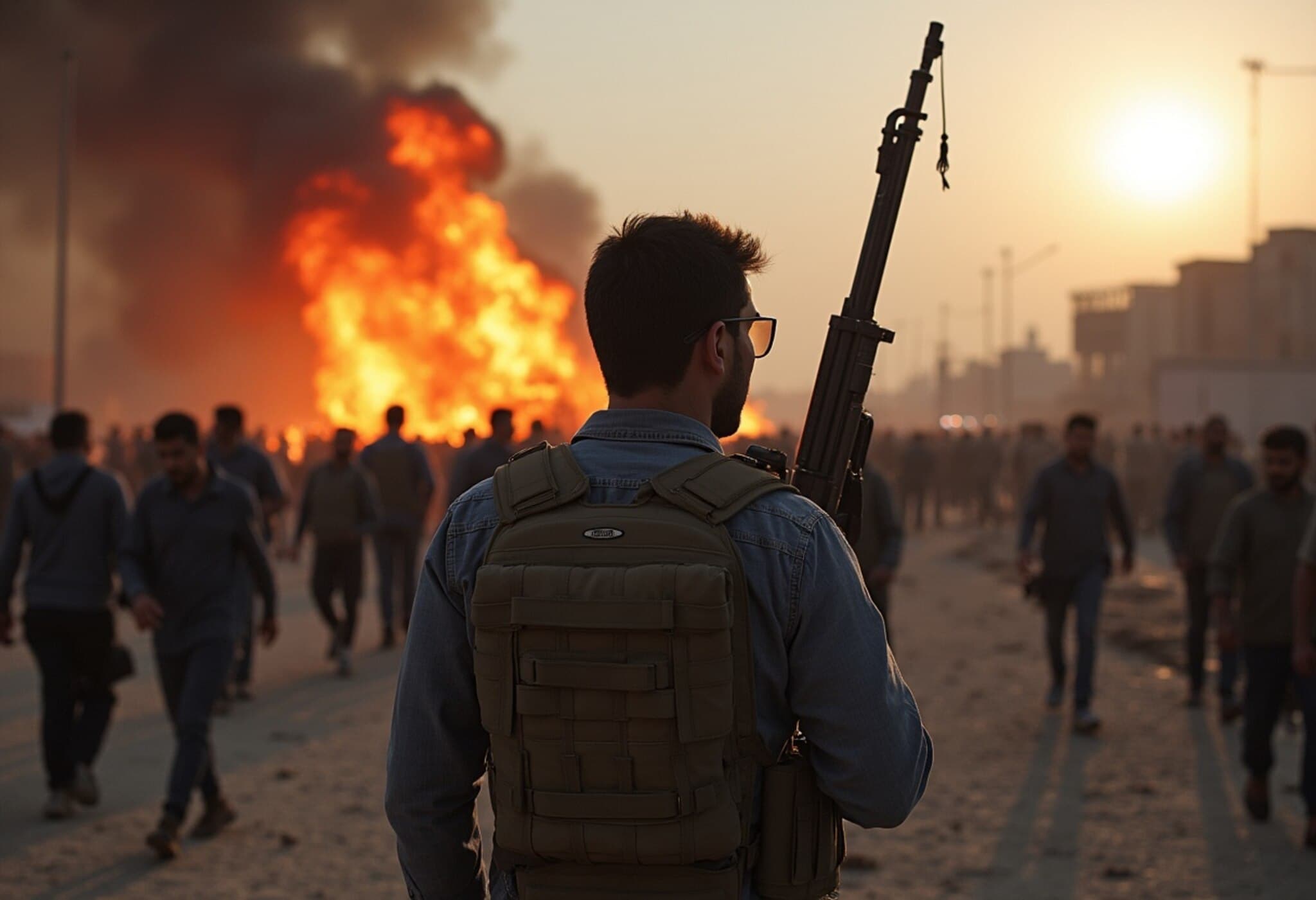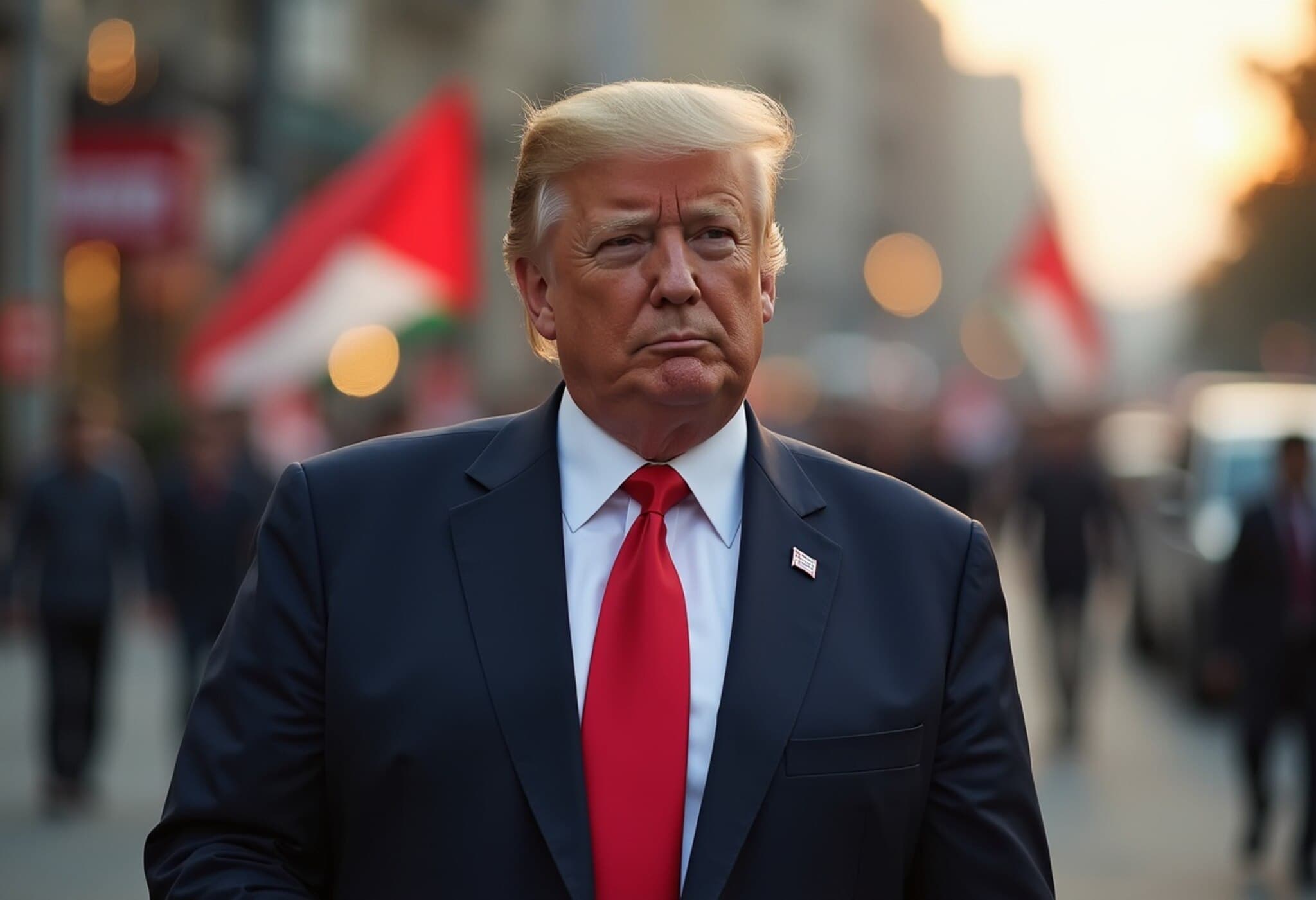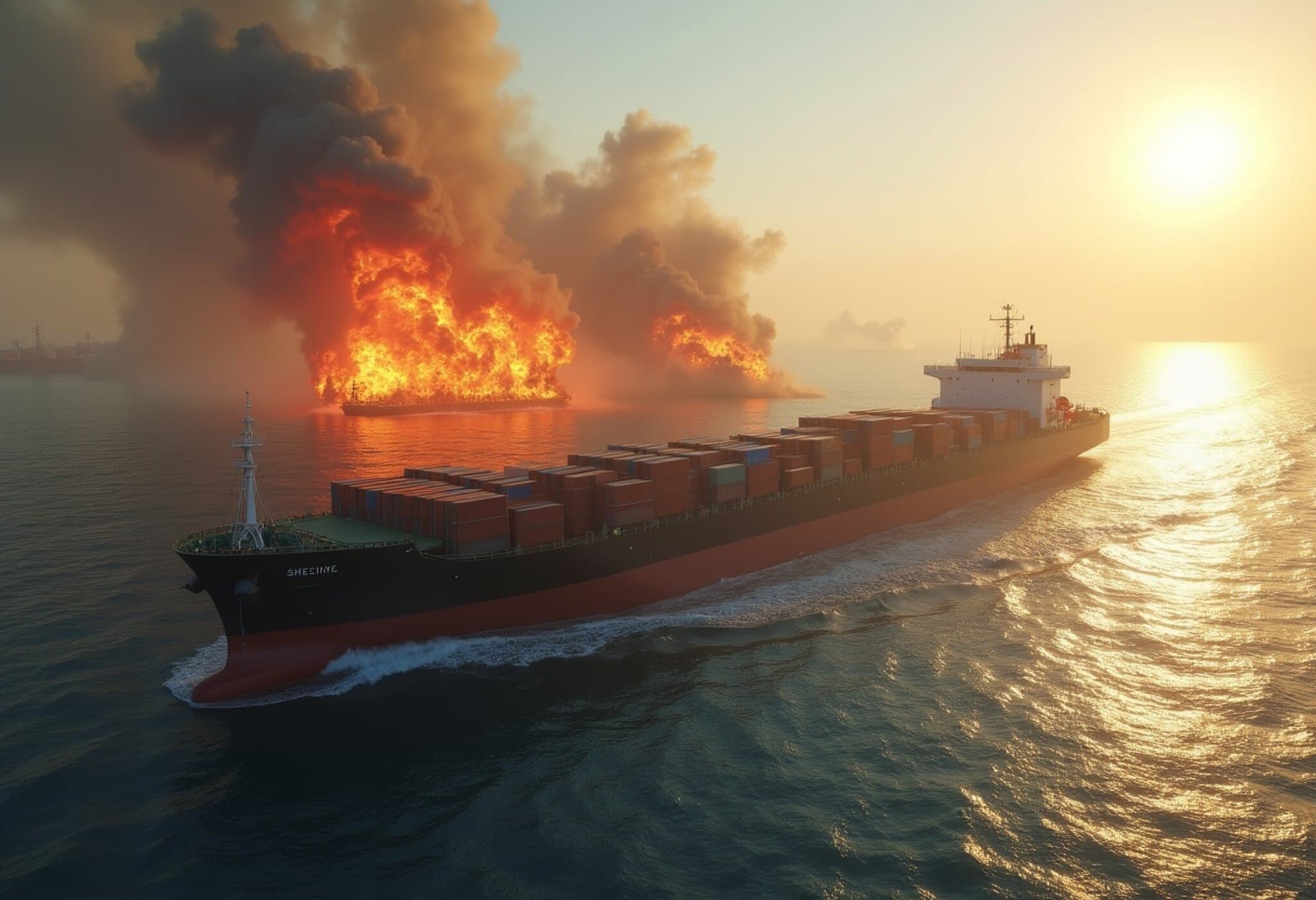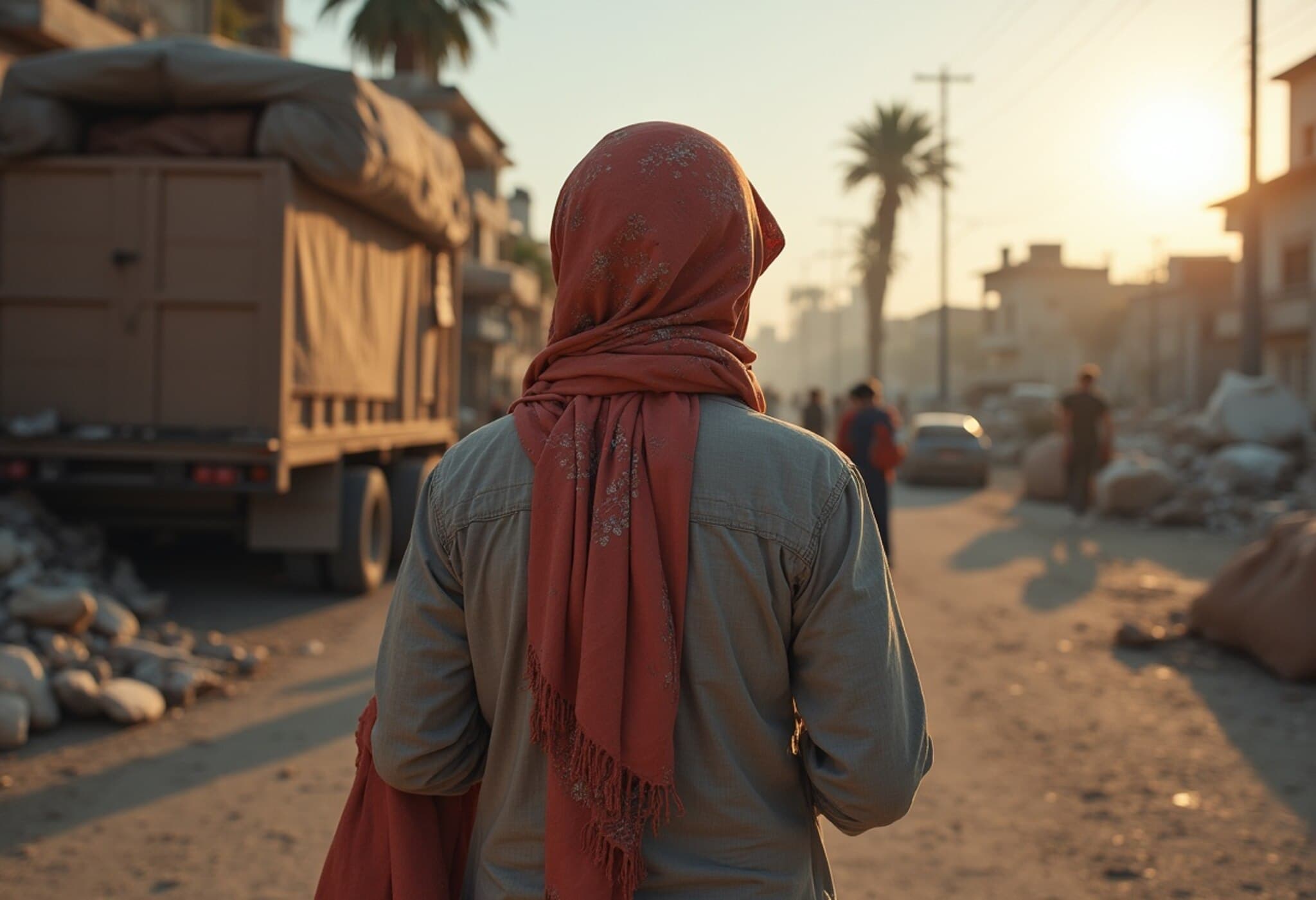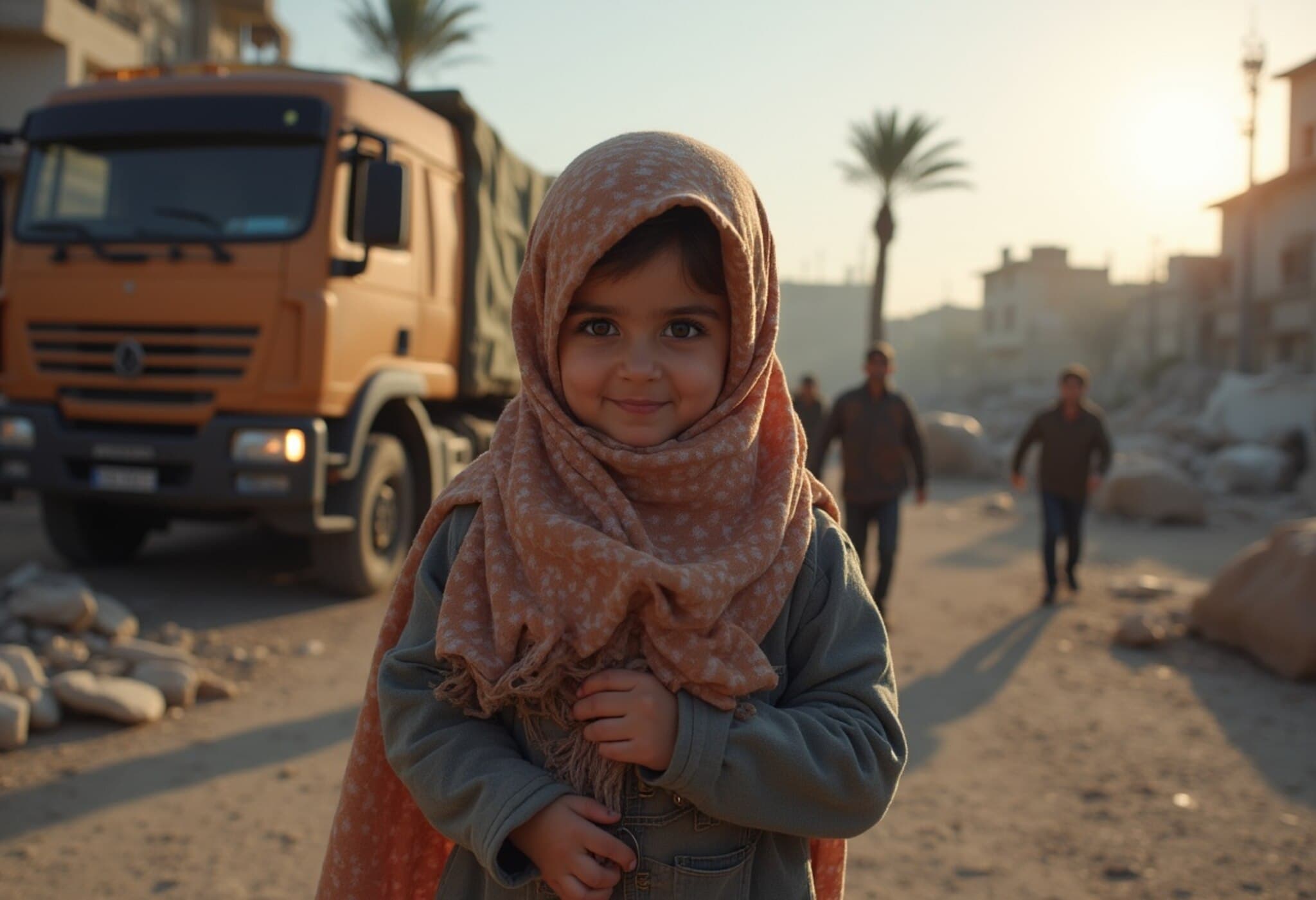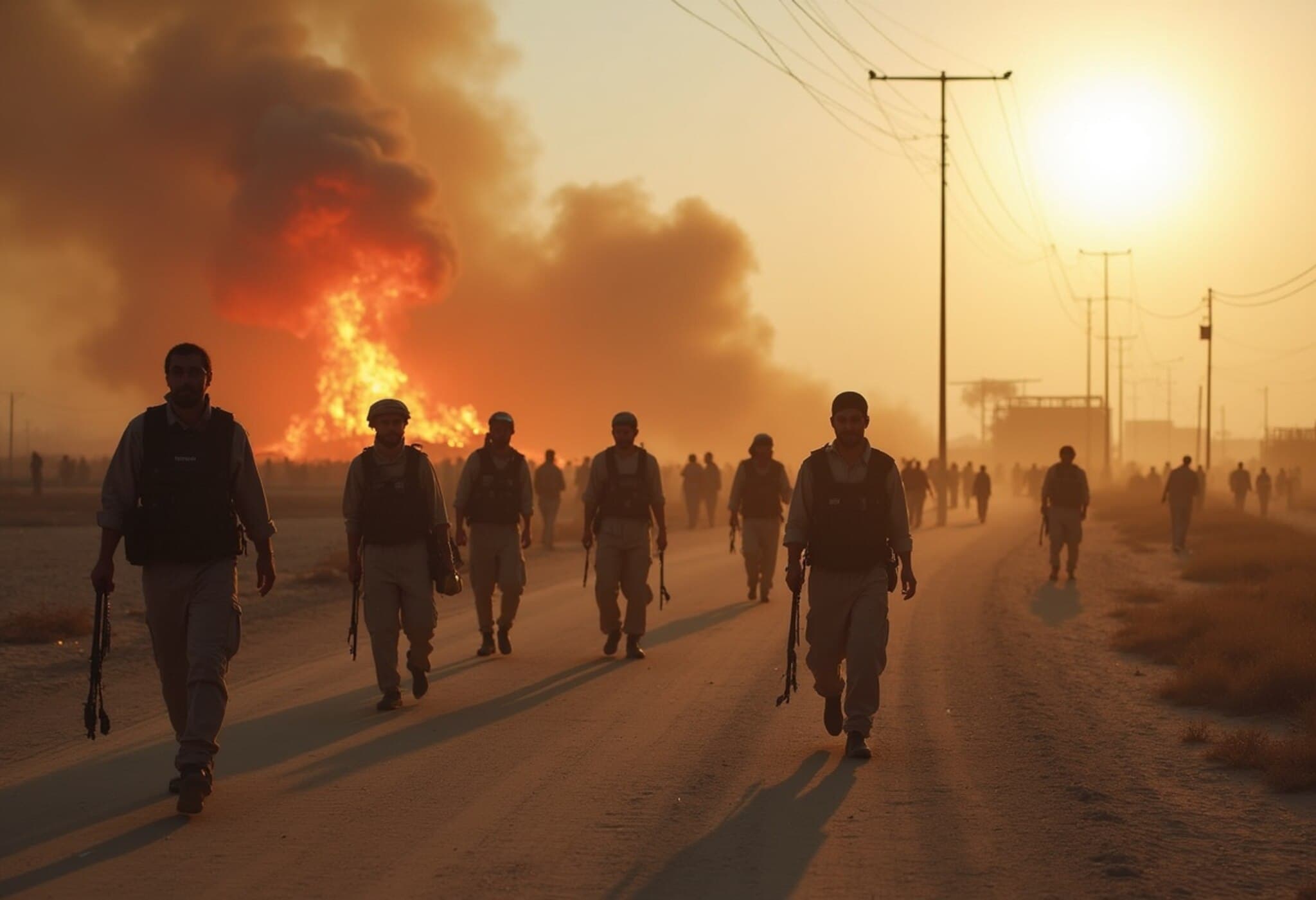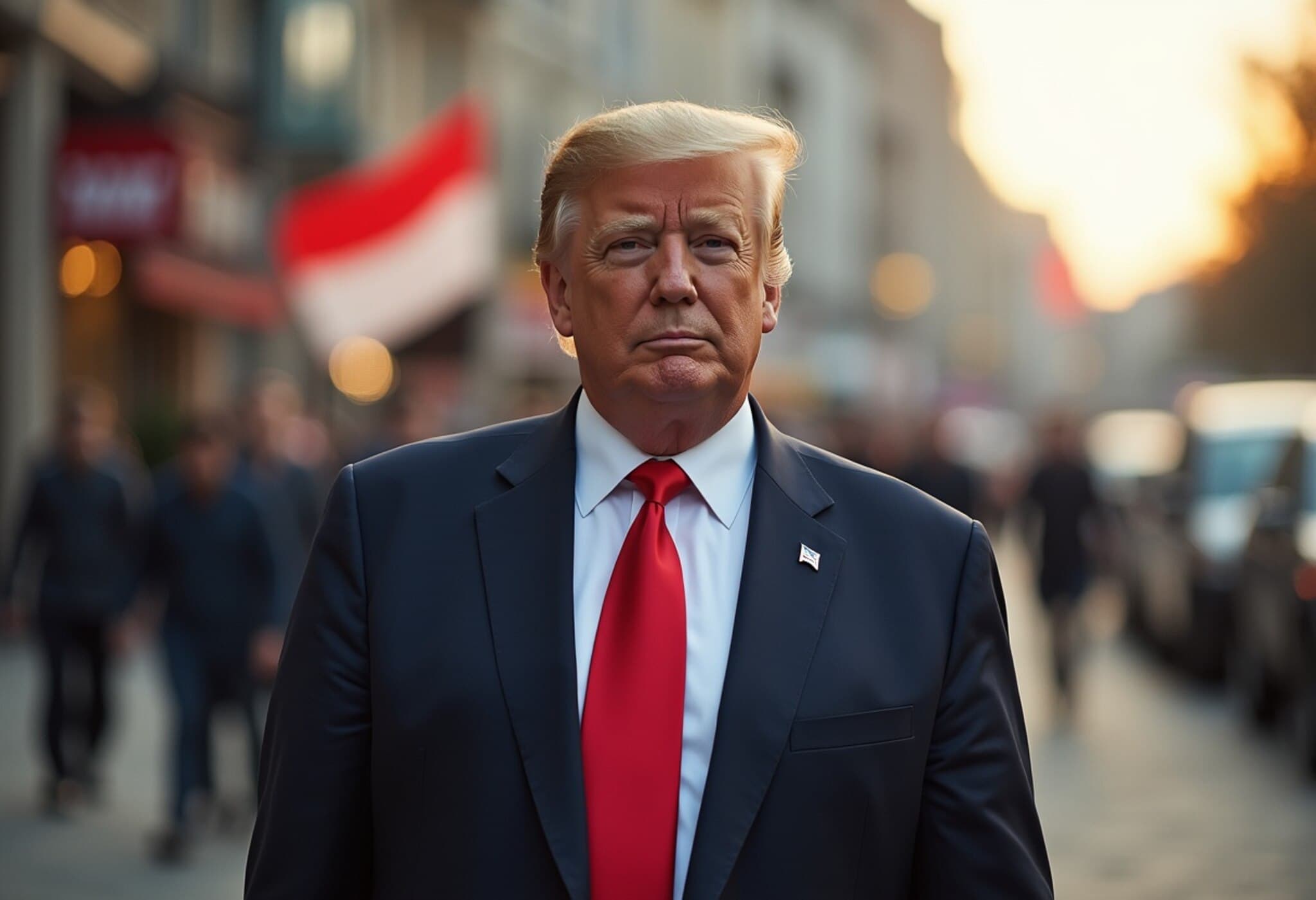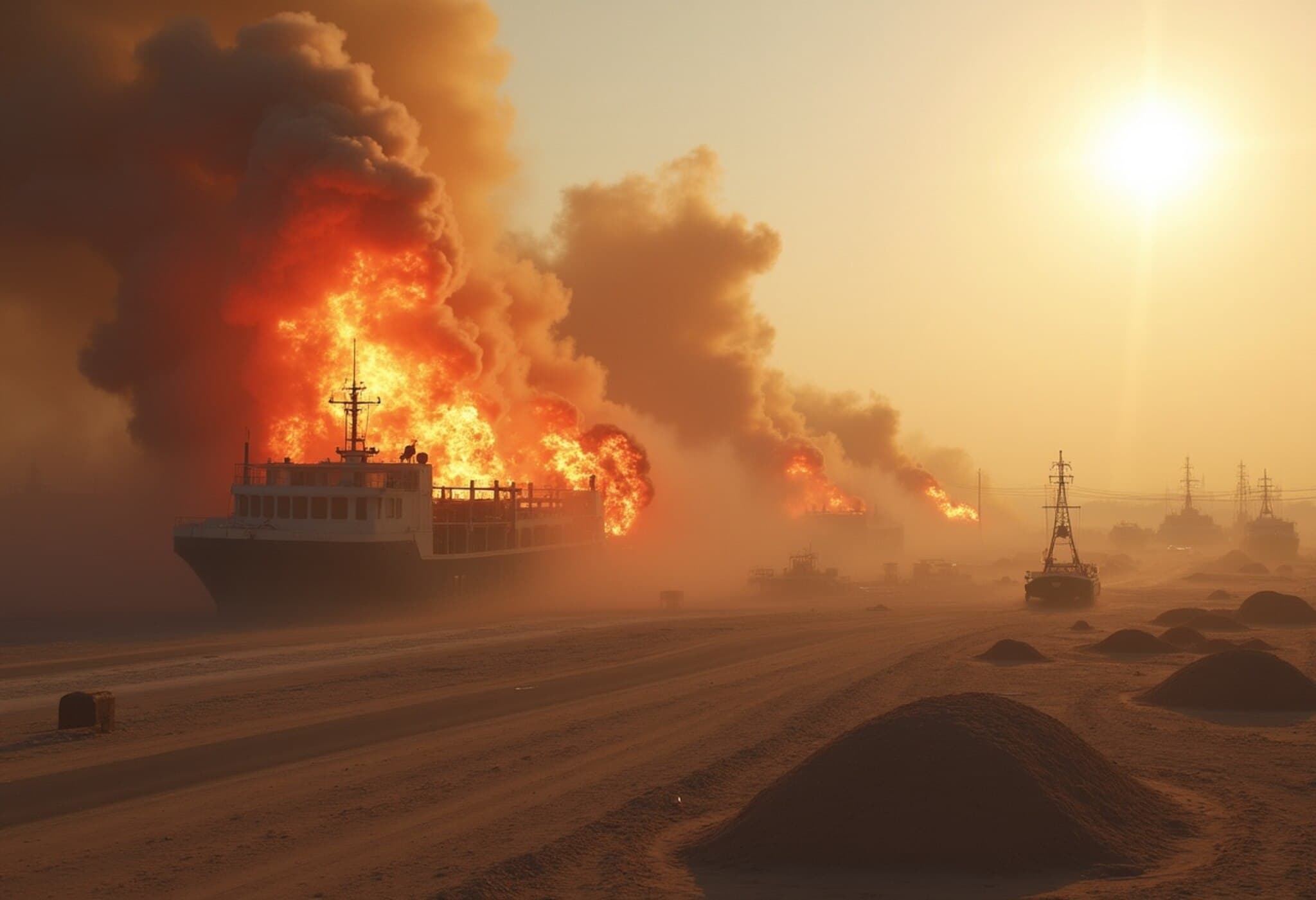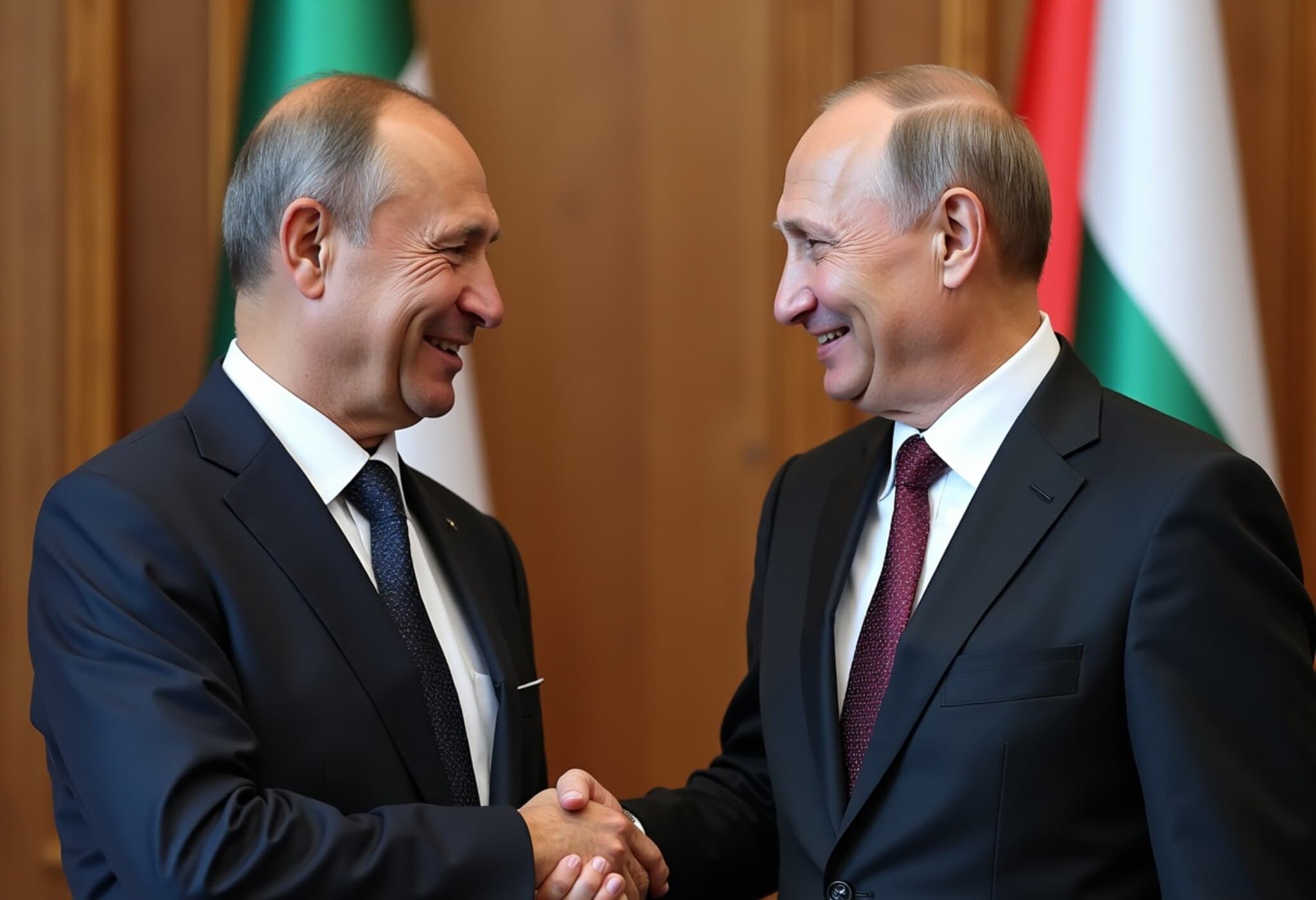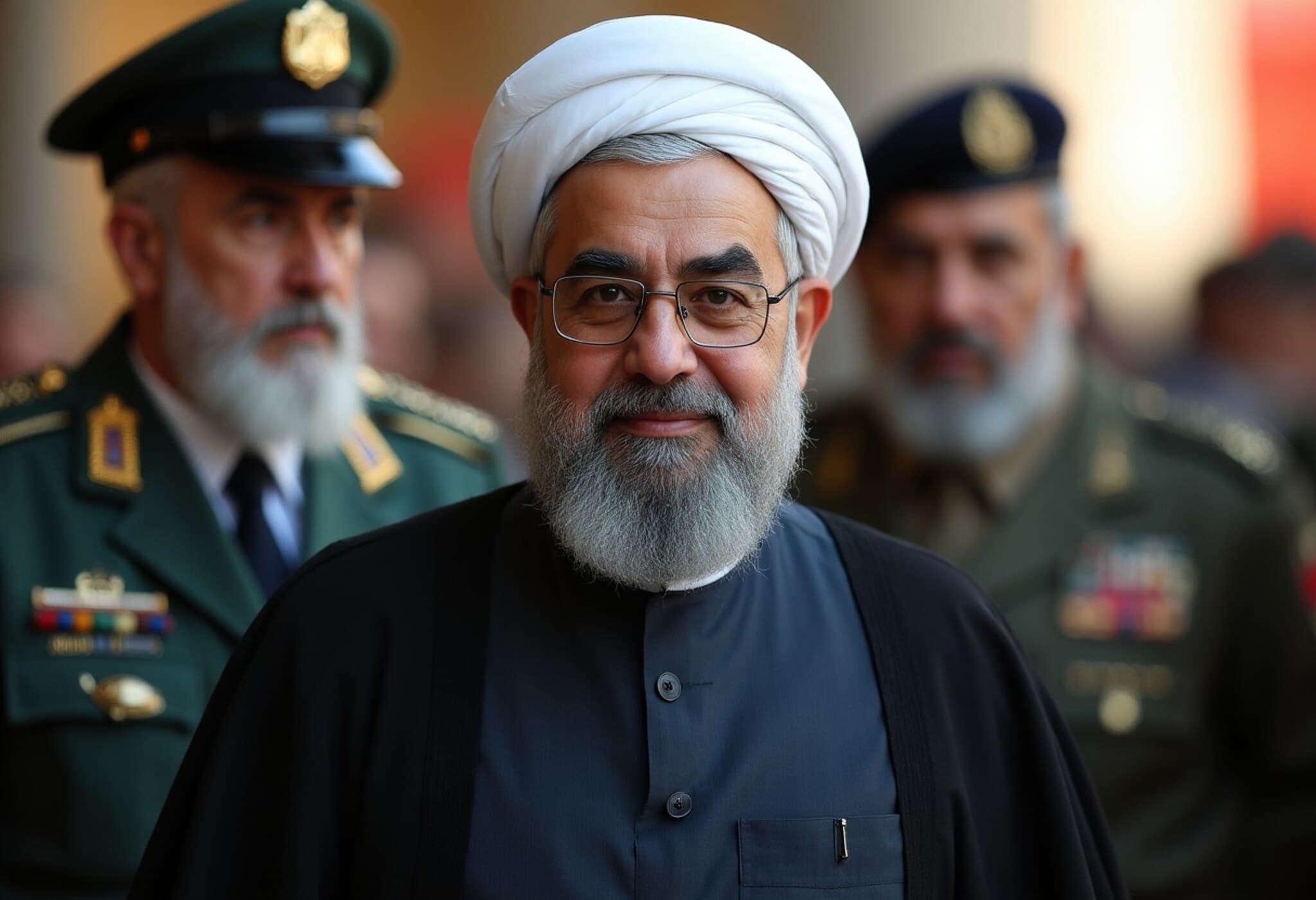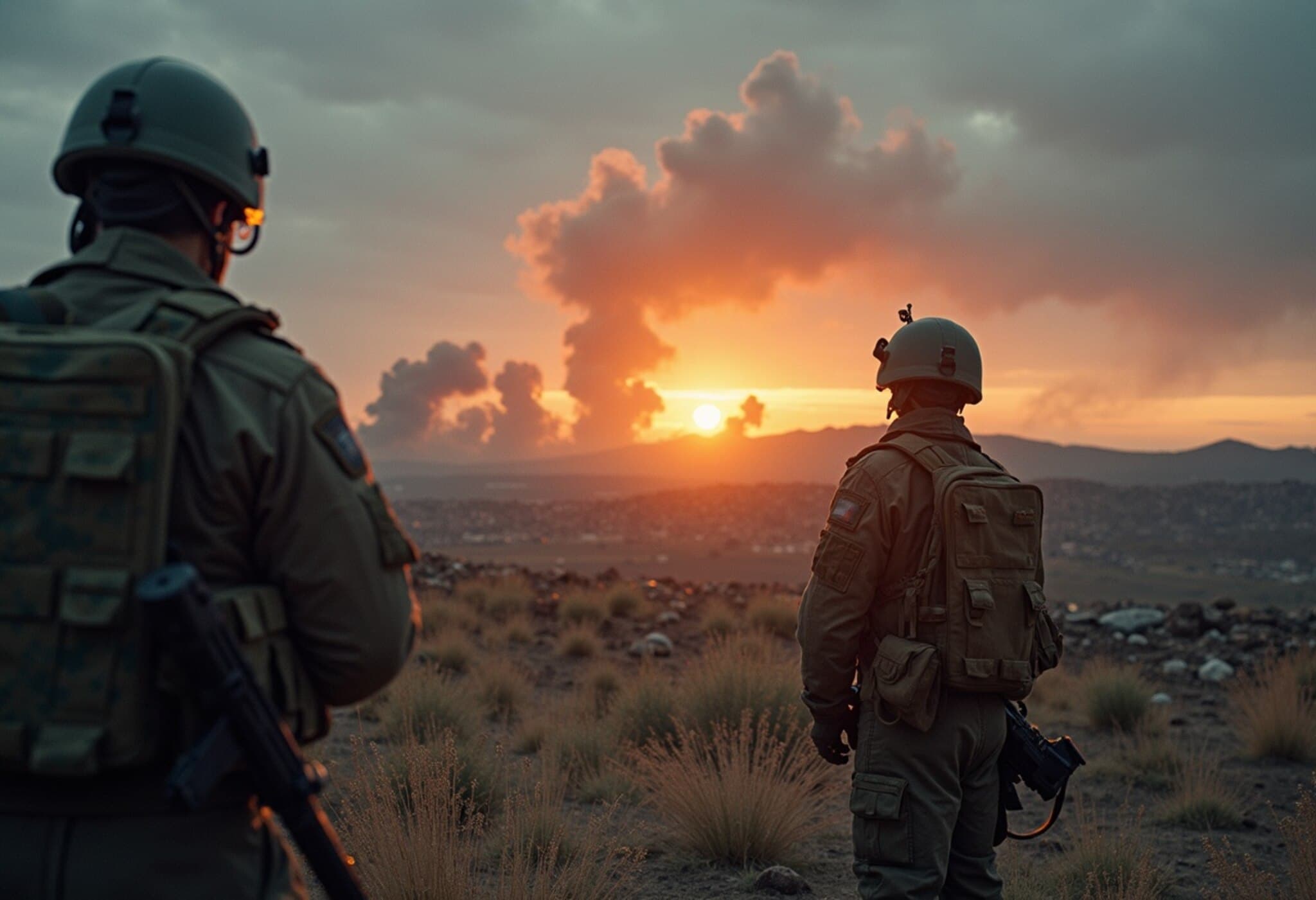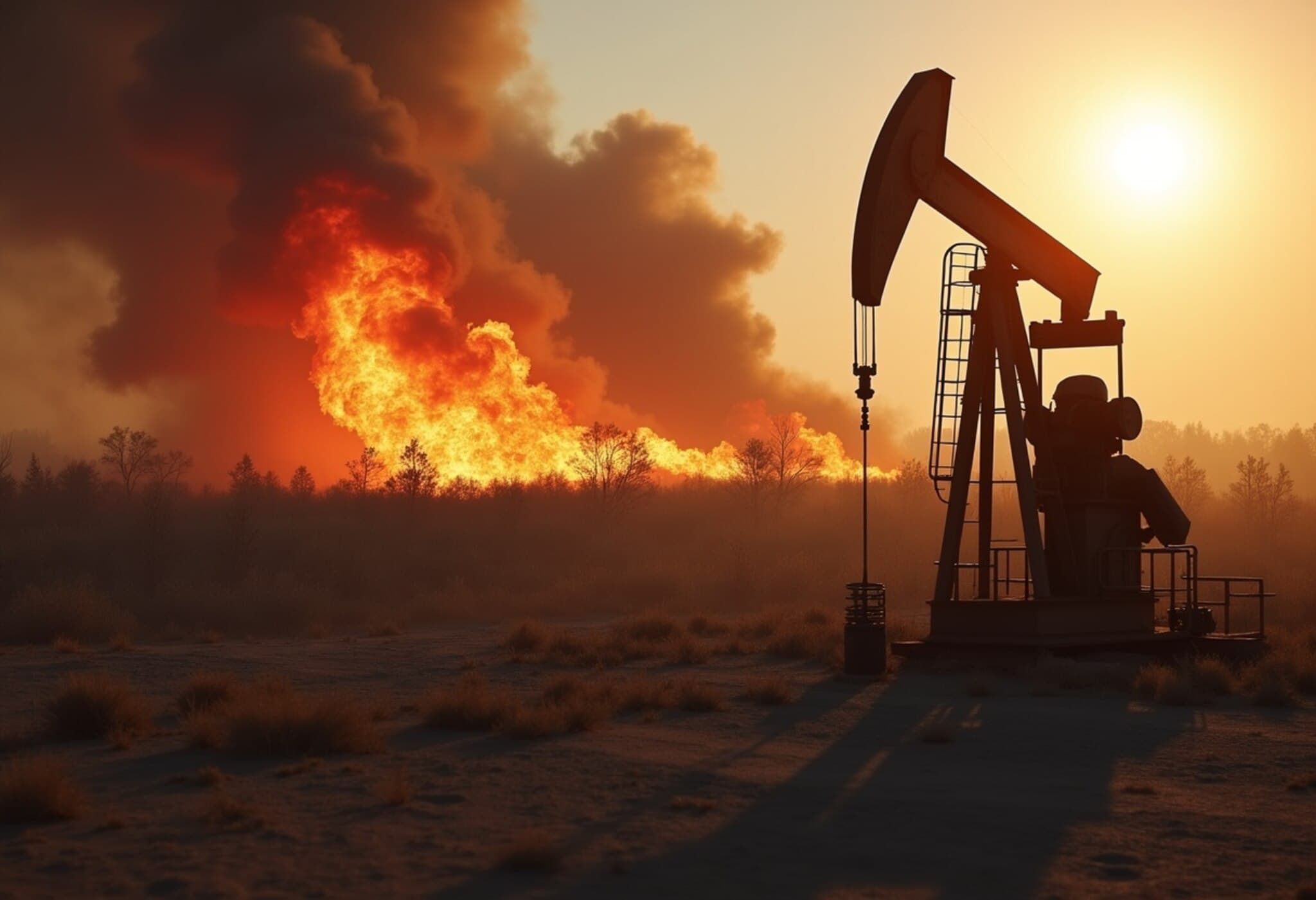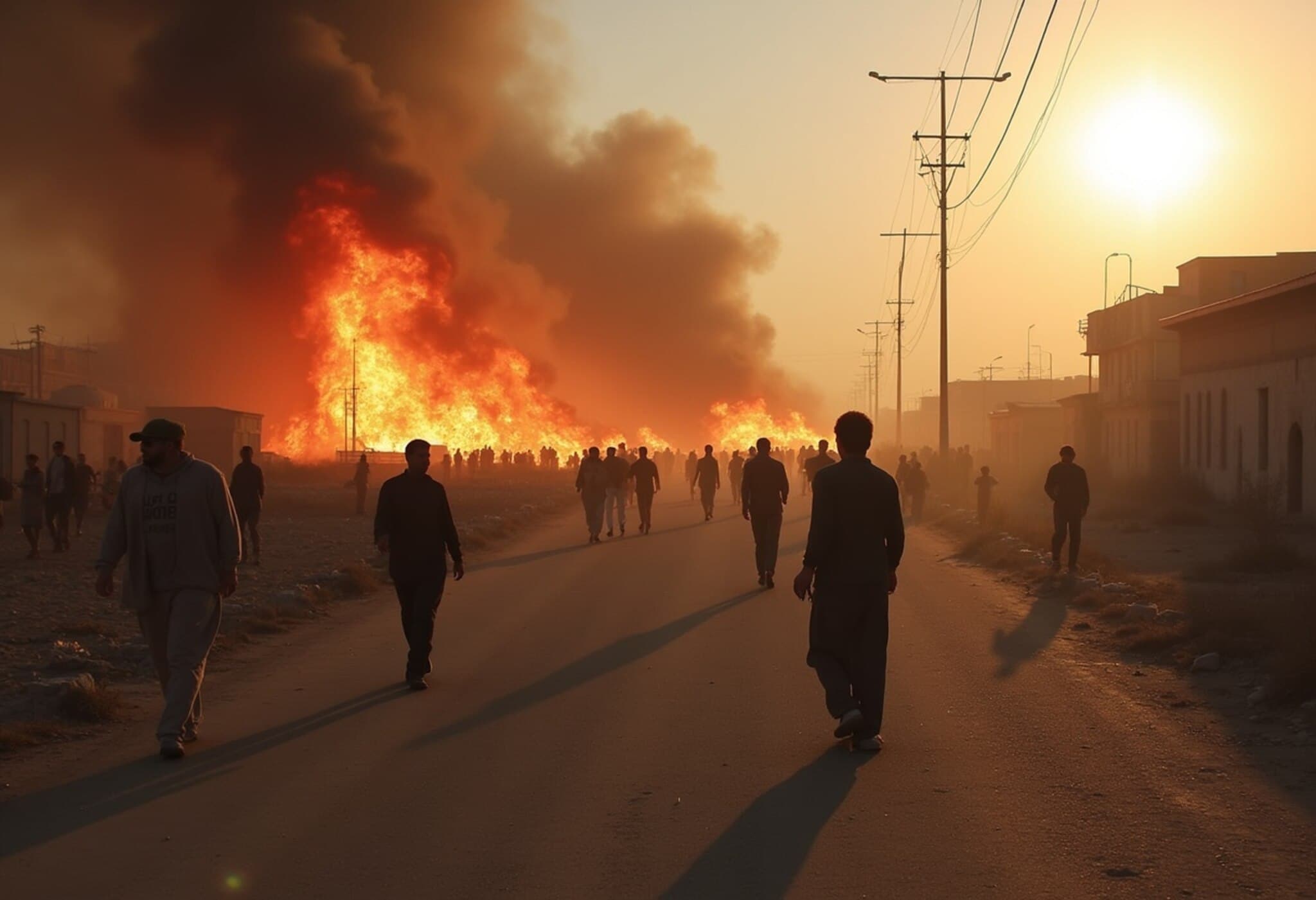Fatal Druze-Sunni Violence Rocks Southern Syria: Nearly 600 Dead
In a harrowing development from southern Syria, the Syrian Observatory for Human Rights (SOHR) has reported that intense clashes between Druze and Bedouin communities in the Suweida province have claimed the lives of nearly 600 people in just a few days. The violent outbreak, which began as a local tribal dispute, quickly escalated into a brutal sectarian conflict, shaking an already fragile region.
Details of the Conflict and Death Toll
The UK-based SOHR, a leading war monitor widely cited for its detailed reporting on the Syrian conflict, detailed that among the fatalities, approximately 300 were Druze—divided between 146 fighters and 154 civilians. Among these, 83 Druze civilians reportedly suffered summary executions, allegedly at the hands of government forces. The Bedouin side suffered losses too, with 18 fighters killed, while government personnel casualties were significant, with 257 killed. Further complicating the conflict, Israeli airstrikes reportedly killed 15 government soldiers.
While independent verification remains challenging due to restricted access and ongoing hostilities, alternative estimates from Syrian security sources suggest a lower death toll of 300, indicating the chaotic nature and opacity that shroud the conflict.
Broader Context: Syria’s Sectarian Fault Lines and Government Involvement
The Suweida province holds a majority Druze population, a minority sect often marginalized amid Syria's complex religious tapestry. The clashes reportedly ignited following disputes between Bedouin tribes and Druze fighters — but the rapid militarization points to deeper sectarian and political fractures. The Syrian government’s entry into Suweida, marked by dispatching security forces and convoys led by Islamist-aligned militias, intensified violence and provoked considerable local resistance. Notably, prominent Druze leader Sheikh Hikmat al-Hajri publicly rejected government ceasefire efforts, vowing the struggle to fully liberate the province from what he called “gangs,” implicating government forces.
Regional Security Dynamics: Israel’s Controversial Role
Israel’s intervention through airstrikes—purportedly aimed at protecting the Druze and preventing Syrian government entrenchment in the south—adds a geopolitical dimension to the conflict. Israeli Prime Minister Benjamin Netanyahu explicitly declared Israel’s intent to forcefully uphold its strategic interests in Syria. This intervention has drawn sharp condemnation from Syrian President Ahmed al-Sharaa, who accused Israel of deliberate attempts to destabilize Syria.
Humanitarian Toll and Aftermath
The United Nations Office for the Coordination of Humanitarian Affairs (OCHA) reports that nearly 2,000 families have been displaced amid the violence, underscoring the severe civilian suffering caused by these confrontations. Survivors describe scenes of devastation, looting, and bodies left in public streets—painting a sobering picture of the conflict’s human cost.
Expert Analysis: What Lies Ahead for Suweida and Syria?
This outbreak of sectarian violence in Suweida reflects the persistent fragility of Syria’s social fabric, particularly in minority-dominated regions often caught between state and non-state actors. The Druze community’s resistance to government forces underscores lingering mistrust and fears of marginalization, while Israel’s role highlights the multifaceted geopolitical contest shaping Syria’s battlefield.
Looking ahead, the critical questions remain: Can ceasefire agreements endure without genuine political dialogue? Will international actors prioritize humanitarian access over strategic posturing? And how will this conflict affect Syria’s broader prospects for peace and reconciliation?
Conclusion
As southern Syria reels from this deadly chapter, the convergence of sectarian grievances, state repression, and regional power plays continue to fuel instability. The human suffering is immense, but so too is the urgent need for credible conflict resolution approaches that prioritize peace over militarized contestation.
The tragic loss of life in Suweida reverberates far beyond Syria’s borders, spotlighting how local disputes can spiral into violent, multi-layered crises when intersecting with political and regional rivalries. This conflict demands sustained global attention—not only to support displaced families and victims but also to foster more comprehensive political solutions in Syria’s fragmented society.

